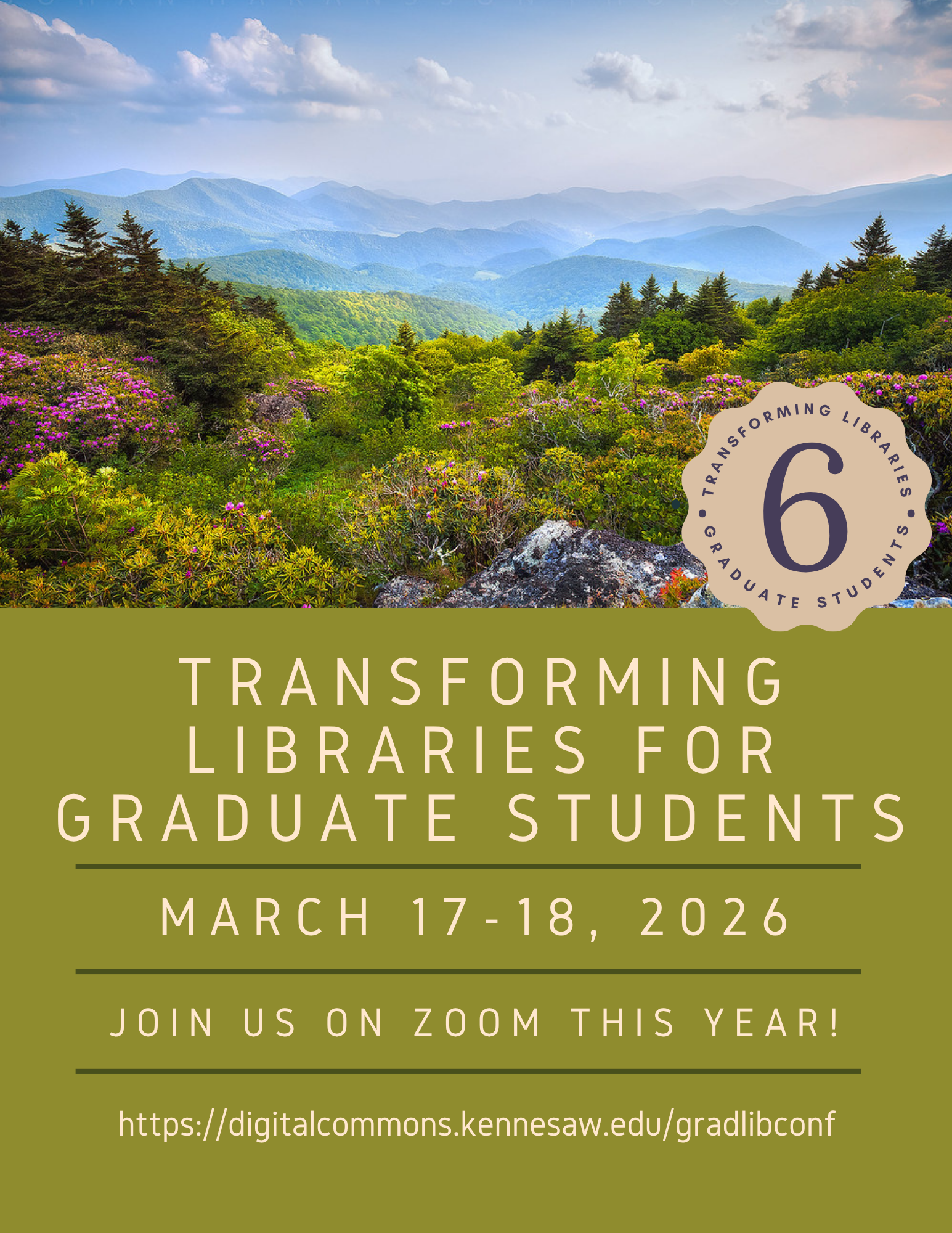Start Date
3-17-2022 1:30 PM
End Date
3-17-2022 2:00 PM
Keywords
digital storytelling; distance learning; instructional design; information literacy skills; education
Description of Proposal
Studies by the United States Department of Education have shown that non-traditional students steadily grow within college campuses' enrollment rates. The National Center for Education Statistics defines that "most often age, especially over the age of 24 has been the defining characteristic for this population. The direct impact of social class (Bambe & Tett, 1999; Quinn, 2010), gender and age (Merrill, 2014), and ethnicity (Bron et al., 2014) on the individual academic lives of the students. The presenter used Tinto's (1987) interactionist quantitative theory to look at value-added to variables such as socioeconomic background, academic preparation, and achievement level based on a mixture of educational and social engagement.
At Texas Tech University (College of Education), over half of the enrolled students return from an over ten-year hiatus within the academic environment. This presentation will provide information on incorporating instructor-driven digital storytelling in both asynchronous and synchronous formats. The focus will examine real-life experiences, video editing examples, and instructor storytelling; the presenter found that students had overwhelming success with personalized instruction with the instructor that focused on both their research and overall career goals. Additionally, the presenter will provide information on implementing pre-and post-assessment on working with non-traditional students in face-to-face and online environments. Each participant will come away with innovative technological approaches to working with non-traditional graduate students.
Included in
Educational Assessment, Evaluation, and Research Commons, Educational Leadership Commons, Educational Methods Commons, Educational Psychology Commons, Educational Technology Commons, Higher Education Commons, Higher Education Administration Commons, Library and Information Science Commons, Online and Distance Education Commons
"I have not been in school for over ten years? Can you help me? Understanding and Developing Information Literacy Skills for Non-Traditional Graduate Students
Studies by the United States Department of Education have shown that non-traditional students steadily grow within college campuses' enrollment rates. The National Center for Education Statistics defines that "most often age, especially over the age of 24 has been the defining characteristic for this population. The direct impact of social class (Bambe & Tett, 1999; Quinn, 2010), gender and age (Merrill, 2014), and ethnicity (Bron et al., 2014) on the individual academic lives of the students. The presenter used Tinto's (1987) interactionist quantitative theory to look at value-added to variables such as socioeconomic background, academic preparation, and achievement level based on a mixture of educational and social engagement.
At Texas Tech University (College of Education), over half of the enrolled students return from an over ten-year hiatus within the academic environment. This presentation will provide information on incorporating instructor-driven digital storytelling in both asynchronous and synchronous formats. The focus will examine real-life experiences, video editing examples, and instructor storytelling; the presenter found that students had overwhelming success with personalized instruction with the instructor that focused on both their research and overall career goals. Additionally, the presenter will provide information on implementing pre-and post-assessment on working with non-traditional students in face-to-face and online environments. Each participant will come away with innovative technological approaches to working with non-traditional graduate students.



What takeaways will attendees learn from your session?
Each participant will come away with innovative technological approaches to working with non-traditional graduate students. In addition, the participant will have a list of learning objectives that coincide with specific technologies that best fit the needs of non-traditional students.